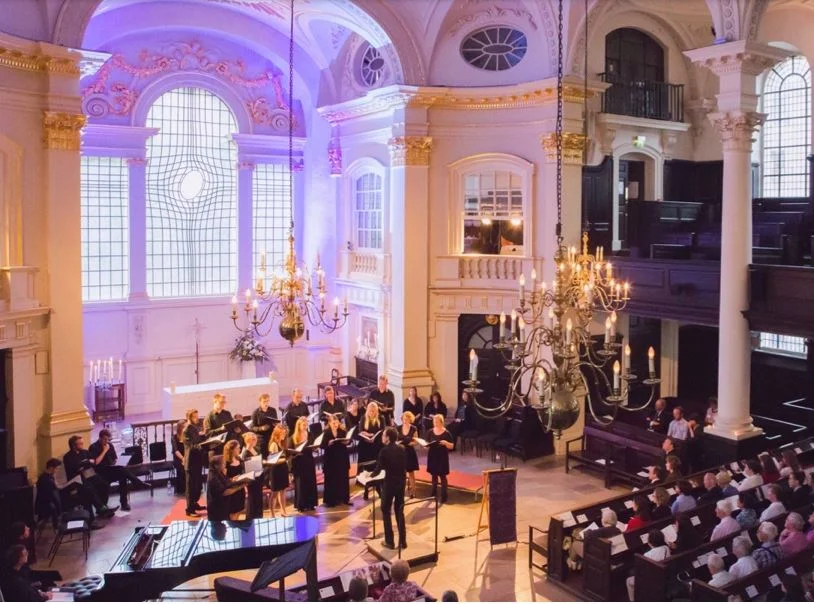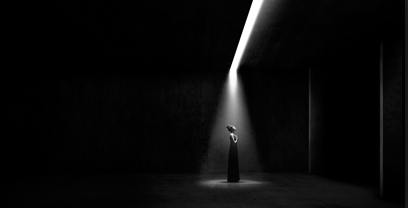Akhnaten - Philip Glass - English National Opera
Image taken from the English National Opera website
Philip Glass’s Akhnaten, written in 1983, is an opera in three Acts based on the life and religious convictions of the Egyptian Pharaoh, Akhnaten. The opera was commissioned and premiered in Stuttgart Germany and the American premiere was directed a year later in Houston by the Australian Opera Director, David Freeman. The English premiere was staged in 1985 by ENO, who now stage its new 2016 production in partnership with the LA Opera. The Egyptian and Hebrew texts are all taken from original sources, as indeed is the juggling whose source had been discovered as graffiti on the wall in an Egyptian tomb.
The production by Phelim McDermott and his Improbable Group – previous Glass opera history was Satyagraha at ENO and LA – is an outstanding piece of visual music theatre. The constant change in imagery, always in slow motion and usually helped by the Gandini Jugglers - perhaps too much so? - left us wondering what was coming next.
The beauty of the sets by Tom Pye, the costumes by Kevin Pollard and the lighting by Bruno Poet, revived by Gary James, was mesmerising. Perhaps the height of it all was Akhnaten’s ascent to the sun in a backdrop of outstanding beauty. Truly stunning theatre.
The asexual Akhnaten – perhaps even intrasexual – was sung by the brilliant countertenor, Anthony Roth Costanzo, who portrays Glass’s sympathy for both the masculine and feminine gender as evidence of Akhnaten’s physiology. Roth Costanzo’s countertenor is an outstanding performance, both physically and vocally. He is well supported by both his wife, Nefertiti, sung by the ENO Harewood Artist, Katie Stevenson, together with his mother, Queen Tye, beautifully sung by the soprano, Rebecca Bottone – in a reprise of her performance from the 2016 premiere of this show.
The Scribe and Narrator throughout the evening was the huge presence of Zachary James. James Cleverton as Horemhab, Keel Watson as Nefertiti’s father and Colin Judson as the High Priest, all added outstandingly to the substantial cast of characters and chorus, which were on top form.
But perhaps the ultimate plaudits really should go to the orchestra under the Glass specialist Conductor, the American, Karen Kamensek, who had brilliant control of the complex and repetitive musical lines, which were a constant challenge to the disparity of Glass’s musical styles. The evening was a resounding success for all these reasons and more and the standing ovation was a testament to that.







